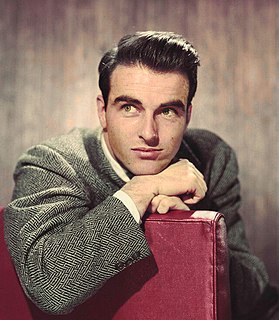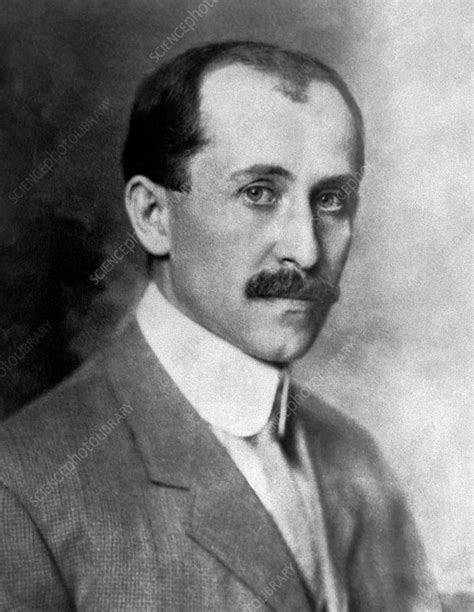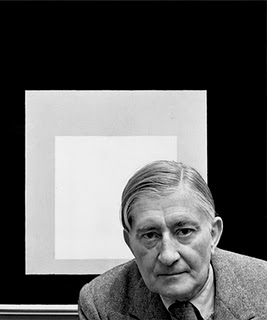A Quote by Harlan Ellison
There is no nobler chore in the craft of writing than holding up the mirror of reality and turning it slightly, so we have a new and different perception of the commonplace, the everyday, the 'normal,' the obvious. People are reflected in the glass. The fantasy situation into which you thrust them is the mirror itself. And what we are shown should illuminate and alter our perception of the world around us. Failing that, you have failed totally.
Quote Topics
Alter
Around
Chore
Commonplace
Craft
Different
Everyday
Failed
Failing
Fantasy
Glass
Holding
Illuminate
Itself
Mirror
New
Normal
Obvious
Our
People
Perception
Perception Of The World
Reality
Reflected
Should
Should I
Shown
Situation
Slightly
Than
Them
Thrust
Totally
Turning
Up
Us
Which
World
Writing
Related Quotes
Fantasy is escapism, but wait... Why is this wrong? What are you escaping from, and where are you escaping to? Is the story opening windows or slamming doors? The British author G.K. Chesterton summarized the role of fantasy very well. He said its purpose was to take the everyday, commonplace world and lift it up and turn it around and show it to us from a different perspective, so that once again we see it for the first time and realize how marvelous it is. Fantasy - the ability to envisage the world in many different ways - is one of the skills that make us human.
As a mode of perception that often becomes a style of life, paranoia weaves around the vulnerable self or group an air-tight metaphysic and world view. Paranoia is an antireligious mysticism based on the feeling or perception that the world in general, and others in particular, are against me or us. Reality is perceived as hostile. By contrast, the religious mystic experiences the ground of being as basically friendly to the deepest needs of the self. That which is unknown, strange, or beyond our comprehension is with and for rather than against us.
We call our intuition our sixth sense, but in reality it would be called our first sense, because it's rooted in quantum nature of reality. It was around long before our solar system and our planetary system were even formulated or even organized. It is at the basis of how our normal sensing works. So instead of being our sixth sense or even â€" using the parapsychological term â€" "extrasensory perception," it's not. It's at the basis of our perception, and that's the quantum world.
The idea that the universe itself is physically structured around hierarchy was sort of an integration of earlier science and theology that was made by people like Thomas Aquinas, that was assumed doctrinally in that tradition. The Reformation rejected that model of reality and created a highly individualistic metaphysics in the sense that it located everything normative that can be said about reality in human perception, there being, of course, no other avenue of knowing. There is Scripture, there is conscience, there is perception itself.
Perception without the word, which is without thought, is one of the strangest phenomena. Then the perception is much more acute, not only with the brain, but also with all the senses. Such perception is not the fragmentary perception of the intellect nor the affair of the emotions. It can be called a total perception, and it is part of meditation.





































